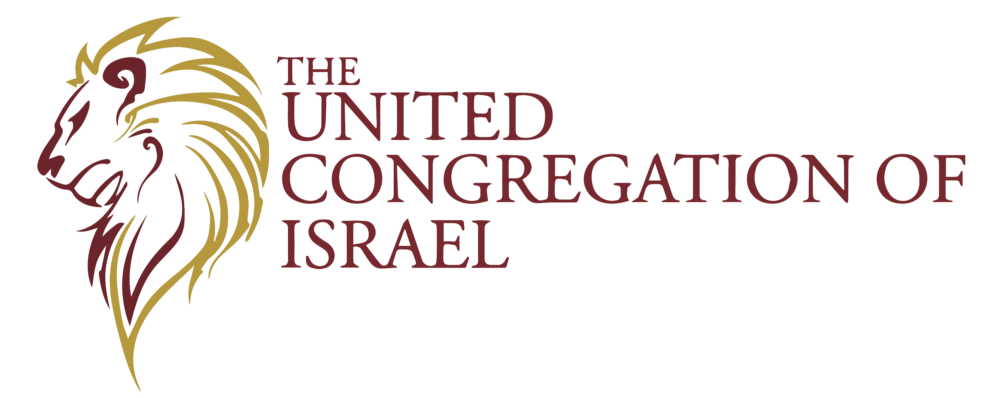Preparing for Unleavened Bread
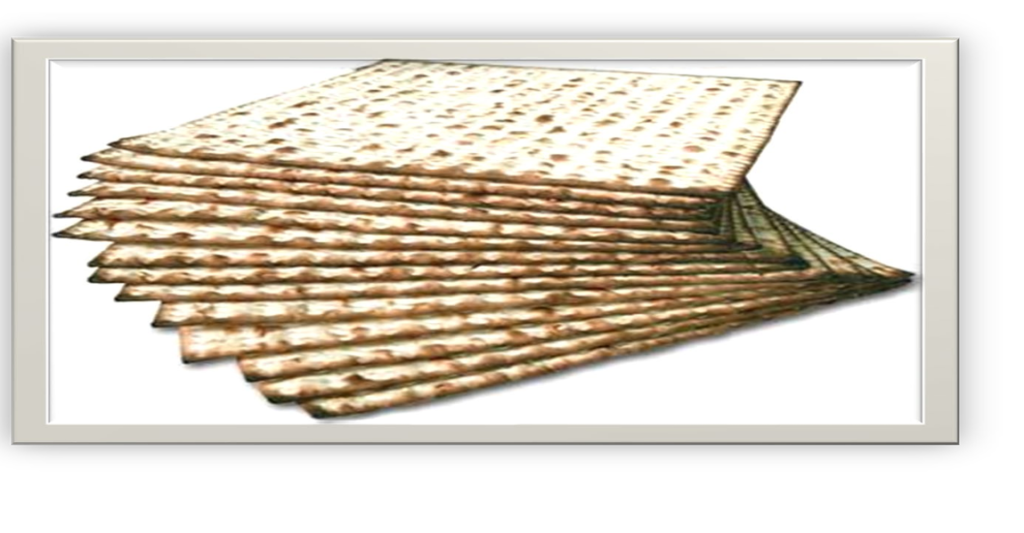
What is it and Why Do We Keep It?
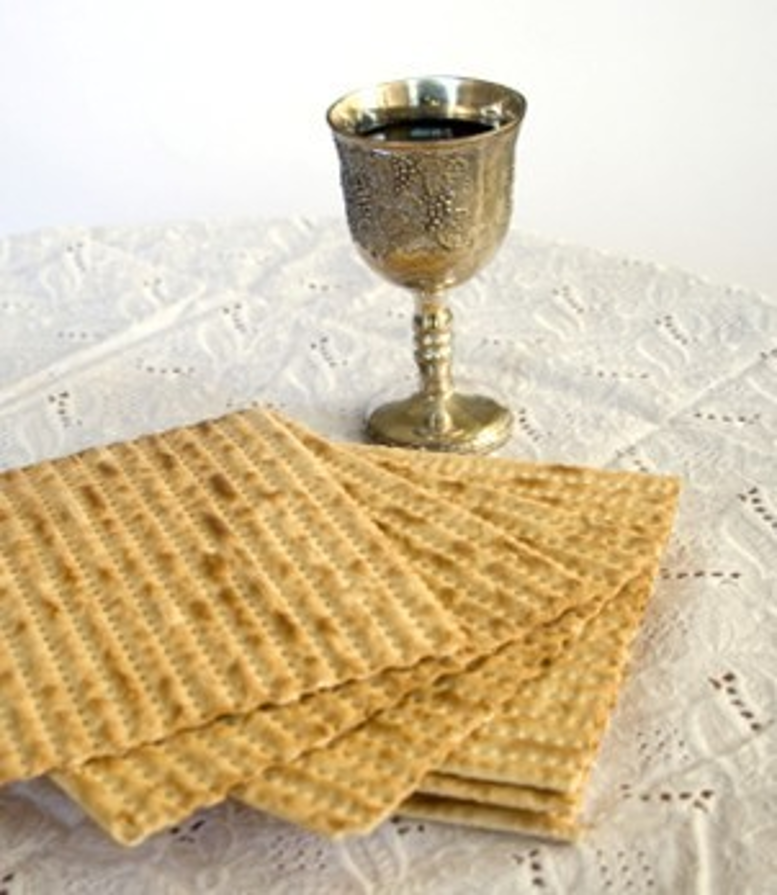
“And on the fifteenth day of the same month is the feast of unleavened bread unto YHWH: seven days ye must eat unleavened bread. In the first day ye shall have an holy convocation: ye shall do no servile work therein. But ye shall offer an offering made by fire unto YHWH seven days: in the seventh day is an holy convocation: ye shall do no servile work therein.”
Leviticus 23:6-8
The Feast of Unleavened Bread was instituted by YHWH in Exodus 12 as the Children of Israel were about to be delivered from bondage in Egypt. YHWH instructed to keep this feast as a memorial. In the New Testament, leaven is likened to sin. In Matthew 16, Yashua warned the disciples of the leaven of the doctrine of the Pharisees and Saducees. In Corinthians 5:6, Paul asked “Know ye not that a little leaven leaveneth the whole lump?” He further admonished us to “purge out therefore the old leaven, that ye may be a new lump, as ye are unleavened”. During the Feast of Unleavened Bread, we are to purge ourselves, not just from physical leavening, but from the spiritual leavening that is sin.
What is leavening?
Leavening is what causes foods like breads, cakes, and cookies to rise or increase in volume. Leavening can be achieved using biological agents (i.e. yeast), chemical agents (i.e. bicarbonates), or by mechanical means (i.e. whipping ingredients to create foaming and air pockets that expand upon heating) as in the making of sponge cakes. (See ‘Wine’ for distinguishing Kosher wine for Passover and Unleavened Bread).
What Ingredients are Considered Leavening Agents?
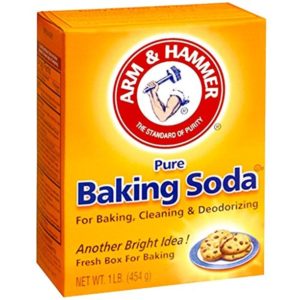
There are many different leavening agents. The following are some of the most common:
1.Baking Powder
2.Sodium Bicarbonate (a.k.a. Baking Soda) found in self-rising flour
3.Yeast/Yeast Extract/Sour Dough Starter (Wild Yeast)
4.Ammonium Bicarbonate (a.k.a. Bakers Ammonia) leavening agent found in breads and cookies; used as smelling salt
5.Commercial (Synthetic) Potassium Bicarbonate called Pearl Ash is a leavening agent. (Fruits and veggies naturally contain potassium bicarbonate)
6.Calcium Phosphate (synthetic calcium added to breads, breakfast bars, cereals, crackers and some pastas to improve deficiencies).
7.Monocalcium Phosphate/Calcium Dihydrogen Phosphate (leavening acid compound used in breads and baked goods)
8.Sodium Aluminum Sulfate (leavening acid compound found in baking powders, doughnuts, refrigerated dough and cake mixes).
What foods should I be aware of when preparing for the Feast of Unleavened Bread?
Foods that commonly contain leavening ingredients such as cakes, cookies, pies, breads, and pastries are readily identifiable; however, may other food items such as seasoning mixes and canned goods may also contain leavening ingredients. Check your flour, corn meal and other such items to be sure that they are not the self-rising variety. Read labels carefully for leavening ingredients. When in doubt, err on the side of caution and throw it out!
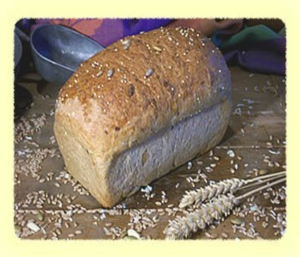
What other items should I be aware of during this time period?
Other items that you should check and be aware of during this time period include dryer sheets, various cleaning products, toothpaste and other personal care products including lotions and deodorants, etc. Many of these products contain leavening agents in one form or another and should be discarded from your home during this time. This would be a great time to discover the power of natural cleansing agents such as lemon and vinegar!
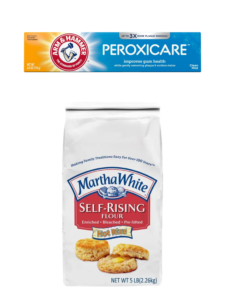
Where can I find Unleavened Bread?
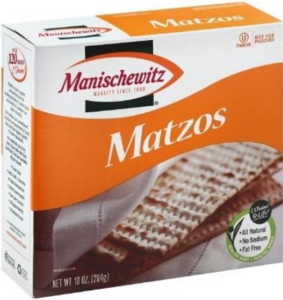
You can purchase unleavened bread from grocery stores, usually in the ethnic or cultural foods aisles. One popular brand is Manischewitz Matzos. Another is Yehudah Matzos. They do not have to state “kosher for Passover” to be fit for use during Unleavened Bread. This labeling simple indicates that the product has been certified, blessed, and deemed fit for use by an Edomite Rabbinical Council. You need only be sure that the product contains no leavening.
Why is “Spring Cleaning” necessary at this time?
“Seven days shall you eat unleavened bread; even the first day ye shall put away leaven out of your houses: for whosoever eateth leavened bread from the first day until the seventh day, that soul shall be cut off from Israel.” Exodus 12:15
“Seven days shall there be no leaven found in your houses…” Exodus 12:19
YHWH commanded that we remove all traces of leavening from our home during the Feast of Unleavened Bread. It is for this reason that a thorough cleaning of our homes takes place at this time every year: Spring Cleaning! It is important to do all that is within your power to remove all leavening from your homes. This includes sweeping out the corners of your home as well as those areas where things often drop out of sight such as behind appliances. Many take this opportunity to do other cleaning tasks as well such as washing walls, windows, cleaning closets, etc. Whatever level of cleaning you decide to engage in, remember the important thing is to remove all leaven from your dwellings: including your home, your office and your vehicles.
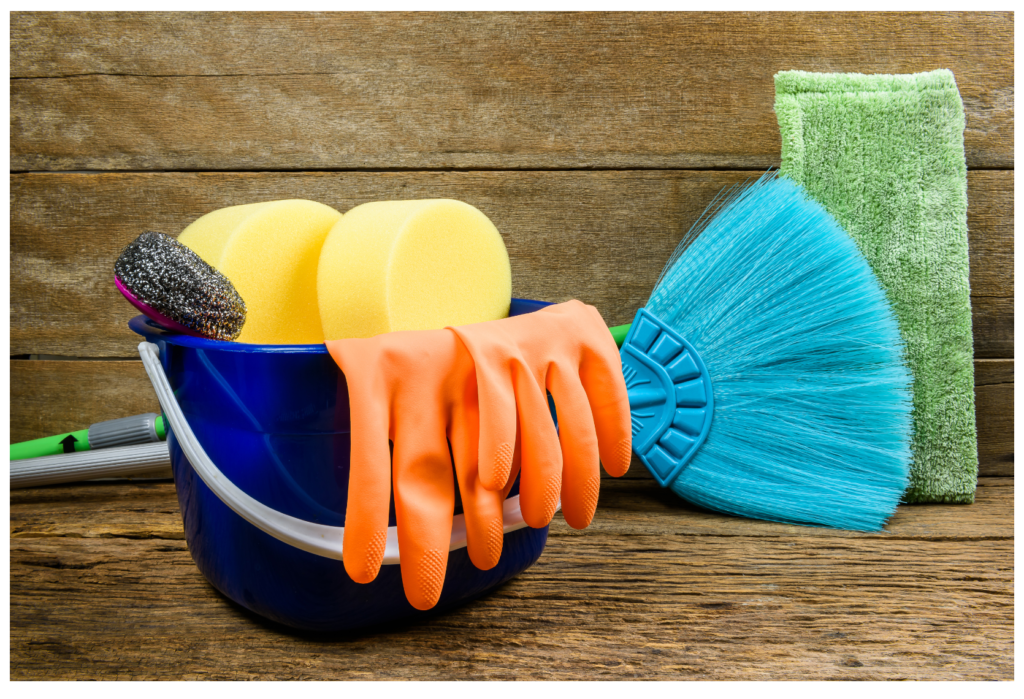
Vinegar
(Salad Dressings)
White Vinegar
Vinegar is manufactured from fermented (distilled) alcohol which makes it ‘neutral spirits’.
In the United States, vinegar used in salad dressings are vinegars made into neutral spirits or alcohol that is corn derived.
In contrast, imported vinegars from Europe are made from barley making imported salad dressings ’chametz’
(NOT OK for UB).
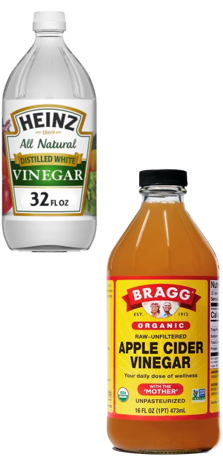
Apple Cider
Organic Apple Cider Vinegar is produced in a two-step process: The organic apples are crushed and pressed into apple juice. (Apples are not peeled nor de-seeded). The organic apple juice is fermented by the naturally occurring bacteria and sugars found in apples, converting the apple juice into ethanol (alcohol). The product undergoes a second fermentation where ethanol is converted to acetic acid and results in the formation of the “mother”, consisting of Acetobacter (aceti bacteria), cellulose and enzymes. (Water is simply added at the end to dilute the organic apple cider vinegar to 5% acidity).
OK FOR UB
Liquor
When it comes to liquor or spirits, (i.e., strong drink), there are so many varieties and versions of liquor (including the complex processes of how they are manufactured, spiced/flavored, and aged) that it is our position that we abstain from the purchase or consumption of liquor (strong drink) until after the days of Unleavened Bread have been completed.
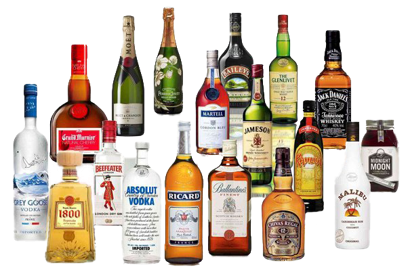
Scotch Whiskey
Corn Whiskey
Vodka
Gin
Rum
Tequila
Cognac
Brandy
Don't Forget:
Sweep out the corners of your home and clean behind appliances.
Throw away: vacuum cleaner bags and filters
Clean out appliances
Clean out your vehicles
Clean out your work areas/lockers
Check personal care and cleaning products
Read food labels carefully
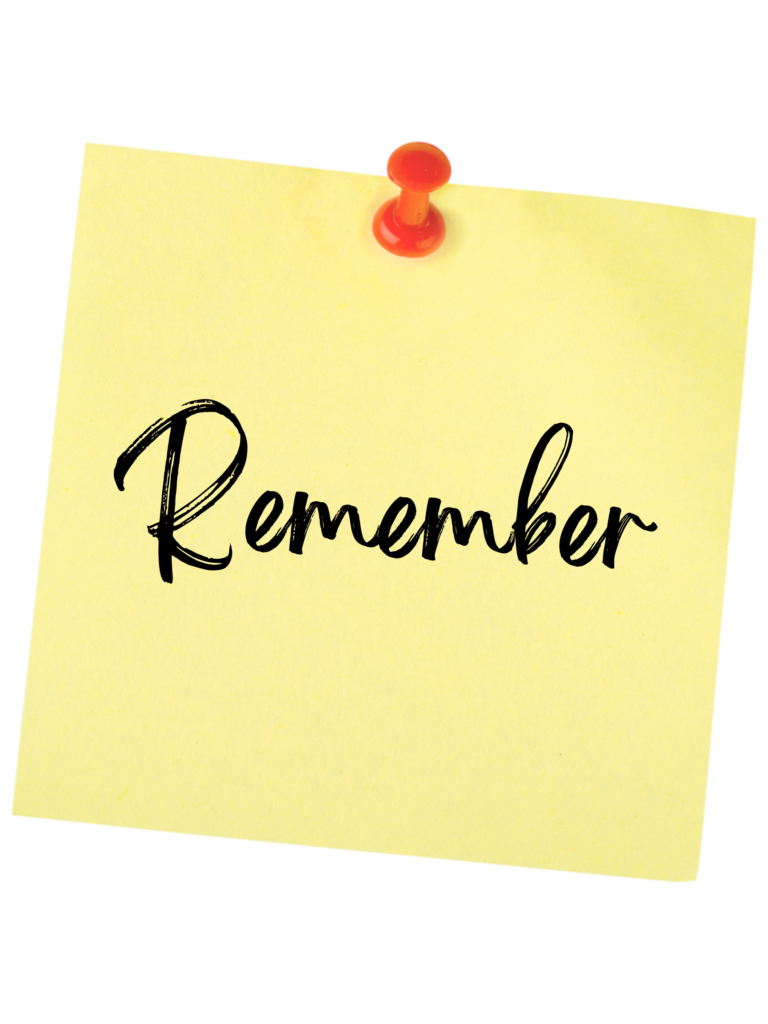
When in doubt, throw it out!
